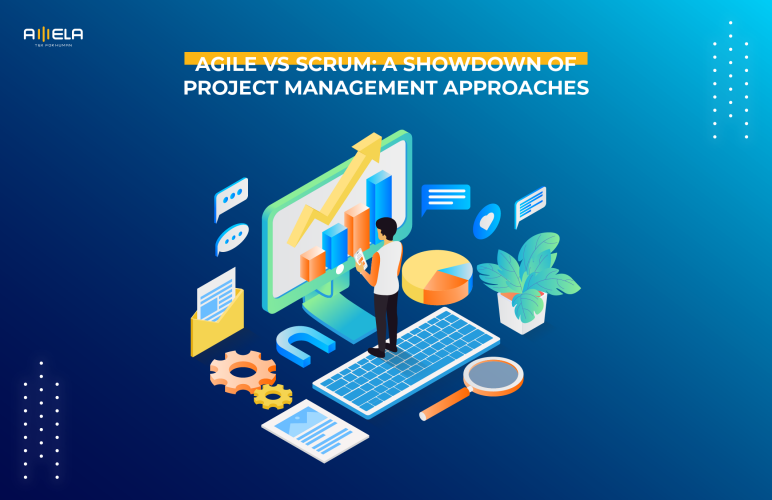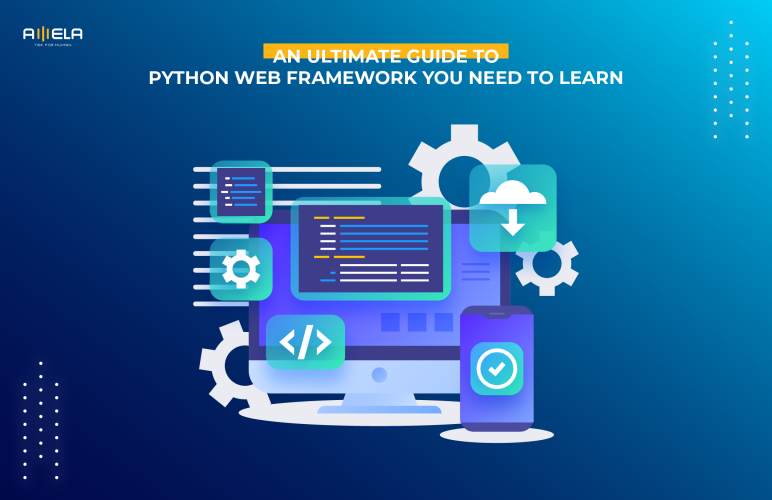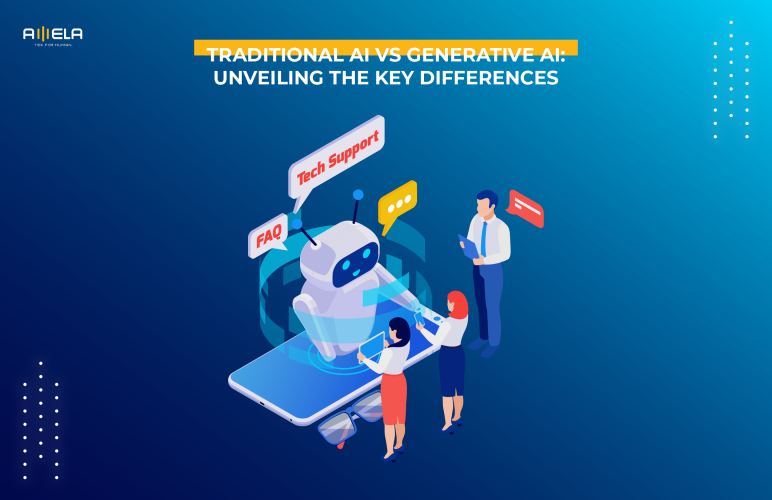
10 RPA Examples in Real Life for IT Managers
In the rapidly evolving world of technology, RPA is proving to be a game-changer for IT managers. By automating routine tasks, RPA not only boosts efficiency but also allows IT...
View detail
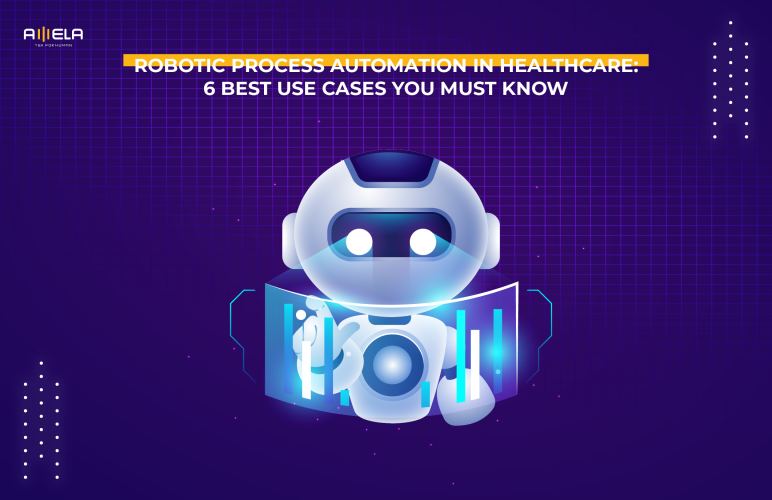

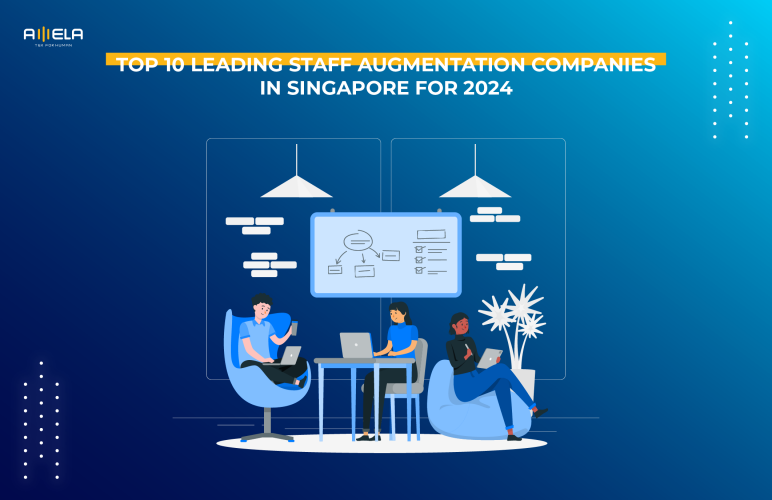
![IT Staff Augmentation: A Comprehensive Guide [2024 Edition]](https://amela.tech/wp-content/uploads/2024/05/Staff-Augmentation-A-Comprehensive-Guide-2024-Edition-04-772x500.png)
